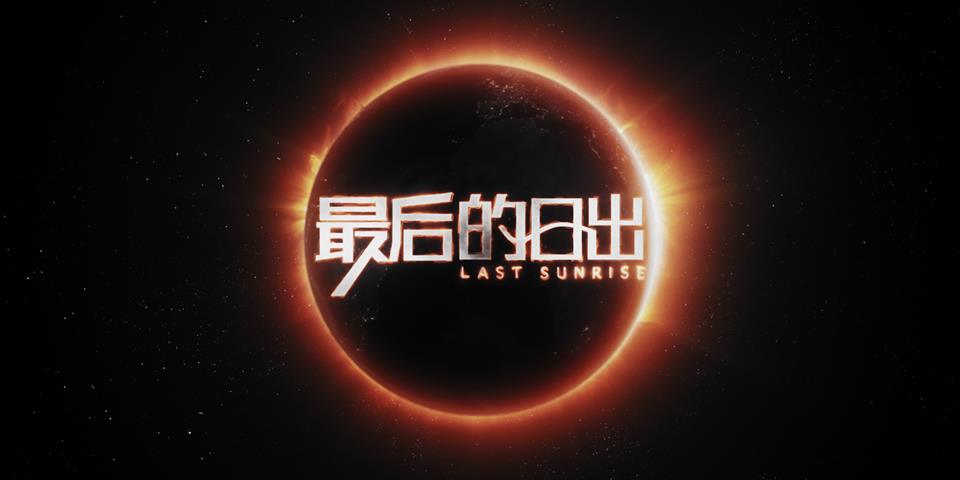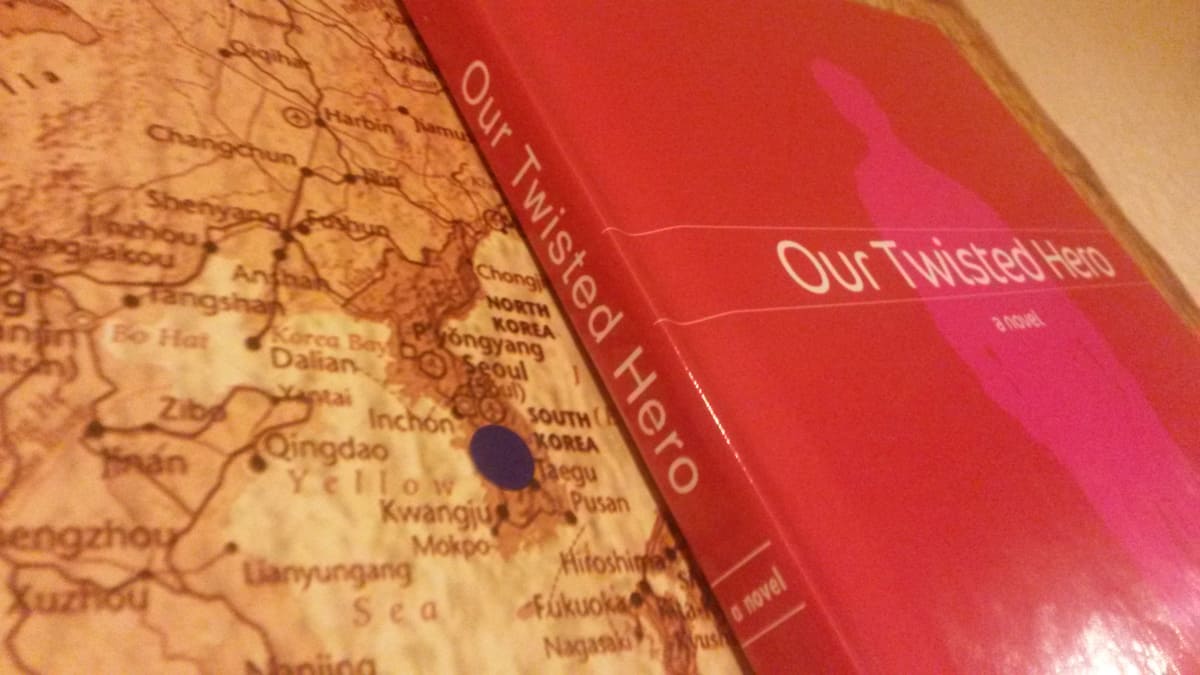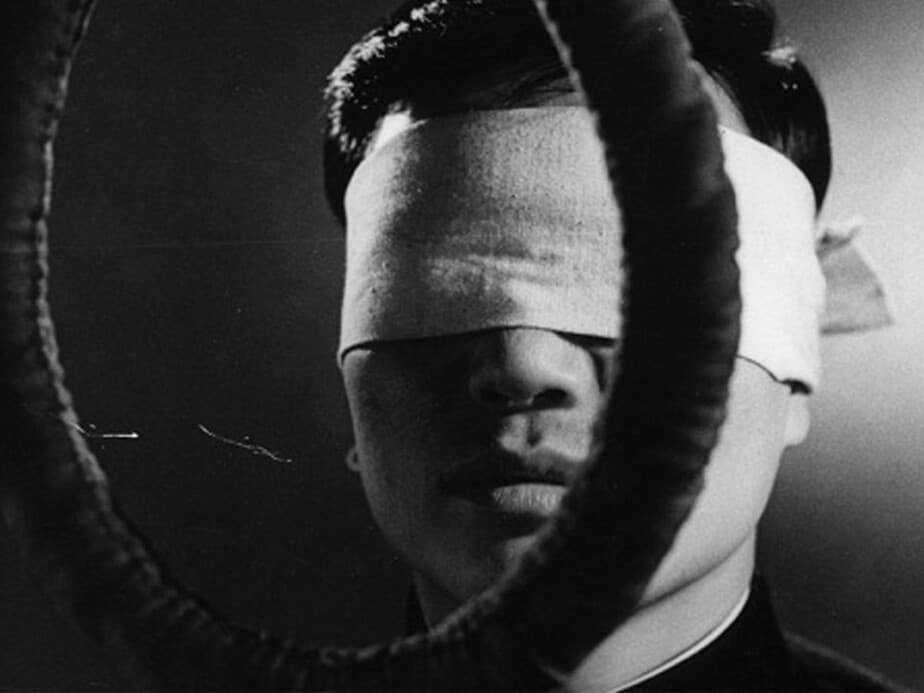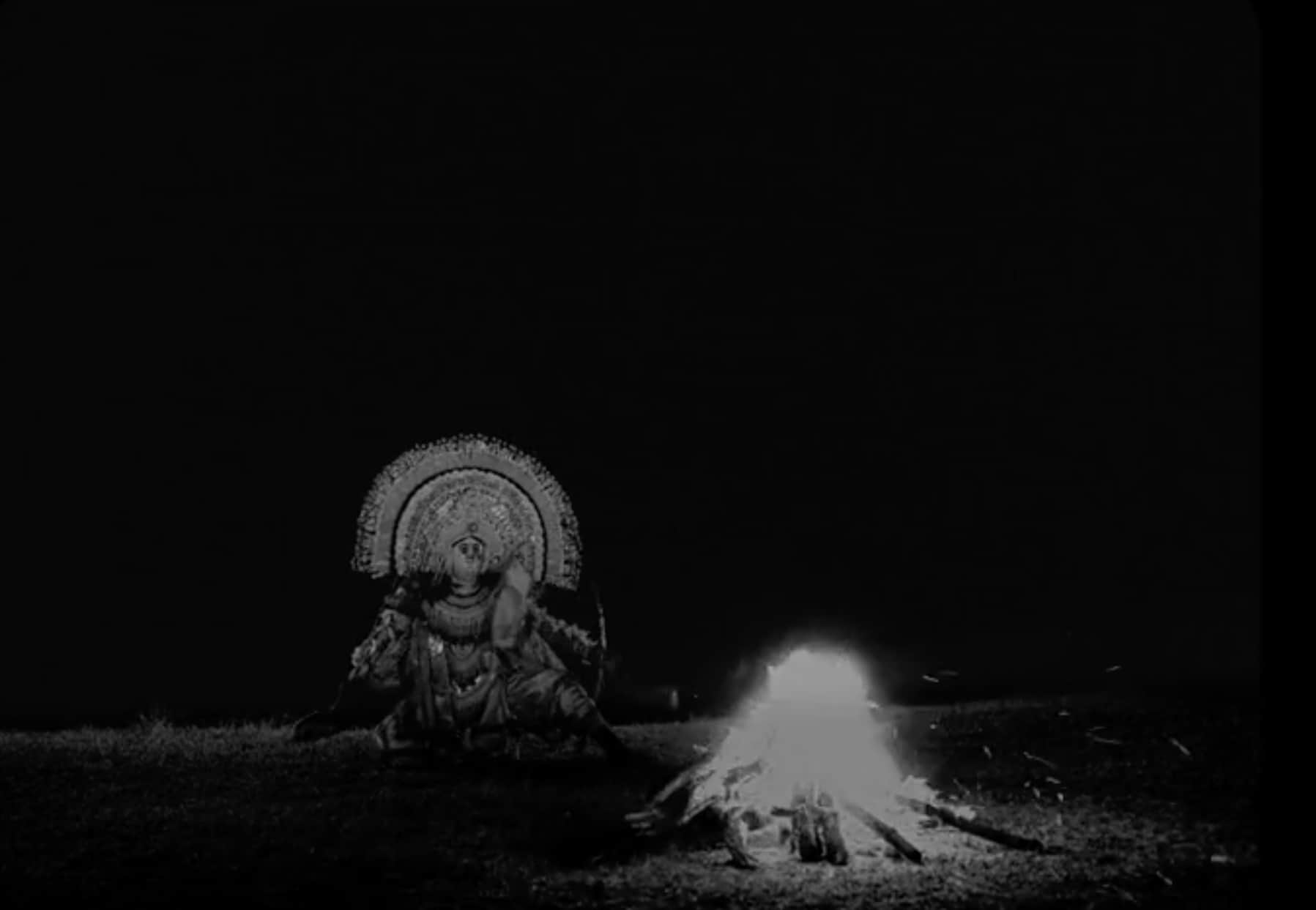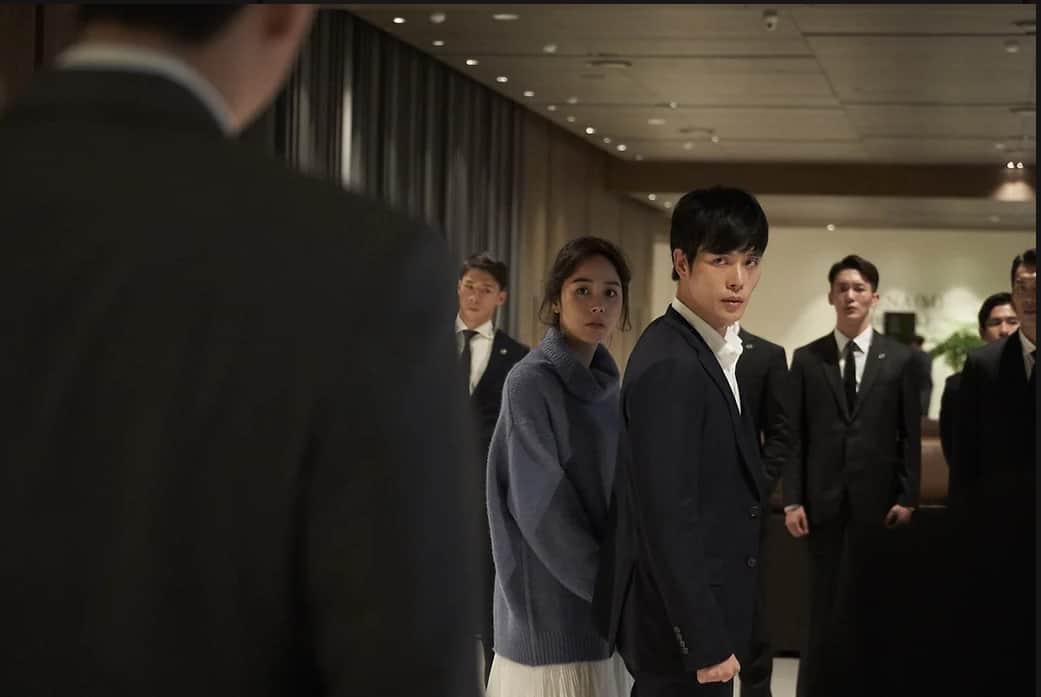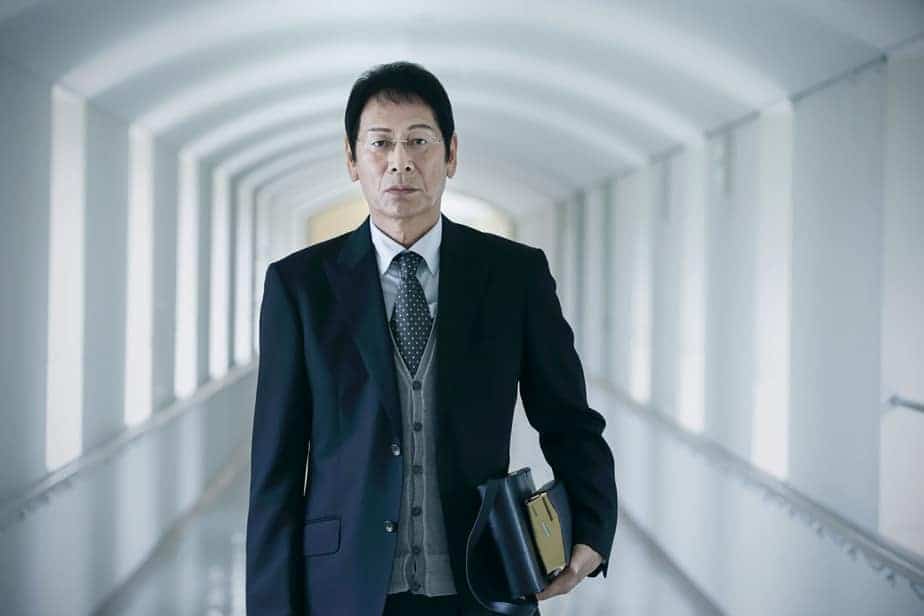The turn of the Chinese movie industry towards the sci-fi genre continues, this time with a much less extravagant approach than “Wandering Earth”, which focuses on social commentary rather than action, in an effort that has already netted Best Film at Fantasporto and Best Sci-Fi at Cinequest and Phoenix Film Festival to the production. Let us take things from the beginning, though.
In a future where all the energy the Earth uses is solar, disaster ensues as soon as the Sun shuts down, leaving the whole world without any source of power. Freelance astronomer Sun Yang, who had predicted that this would happen, finds himself escaping the riots that ensue as soon as the disaster becomes public knowledge, with his neighbor, Chen Mu. Their destination is District Four, where refugee camps have been set. The trip though, is anything but smooth, while humanity's future is put in jeopardy.
Wen Ren directs a film that starts as a sci-fi with filled with social commentary, but soon turns into a dystopian/road movie, although the commentary somewhat remains, in a more philosophical tone (the question of “what will you do if this is your last day to live” provides one of the central themes). In that fashion, the total dependence on technology and the subsequent lack of communication between people are central themes, while as soon as the catastrophe ensues, the movie deals with human nature, and particularly the implication of survival instincts, highlighting the fact that most humans become animals in life-threatening situations. The tactics of the multinational companies and the differences between the rich and the poor are also examined. Eventually, the film becomes more of an agonizing adventure, following the episodic nature of the road movie, with a number of them being rather intriguing.

I felt though, that the film somewhat lags, particularly during the end which seems unnecessary prolonged (and somewhat overdramatic), stripping the narrative of the impact that could have with some tighter editing. Some naivety in the story also exists, but this does not fault the overall essence at all.
The aspect that the film truly thrives on though, is its production values. Despite the modest budget for the genre (estimated at $250,000 according to IMDB), the visuals are exceptional, with both the CGI of the beginning, and the cinematography of Mattias Delvaux being excellent, providing a number of images of extreme beauty, particularly regarding the sky. The use of light is also great, especially considering that the majority of the film takes place in the dark, with Delvaux using the shadows in exceptional way, intensifying the agony of the “action” scenes. Hank Lee's subtle music fits the narrative perfectly, strengthening the sense Ren wanted to give to each scene.
Juen Zhang as Sun Yang is quite convincing as the rational nerd, in complete contrast with the sentimental and naive Yue Zhang as Chen Mu, with their differences forming one of the central axes of the narrative while highlighting their chemistry. Mattias Delvaux did not omit highlighting the latter's beauty through a number of close ups on her face, in a tactic that also adds to the visuals of the production.
“Last Sunrise” is a very interesting film, particularly through its alternative, non-focused on SFX approach of the sci-movie, which could have been even better with some better work in the editing department.


